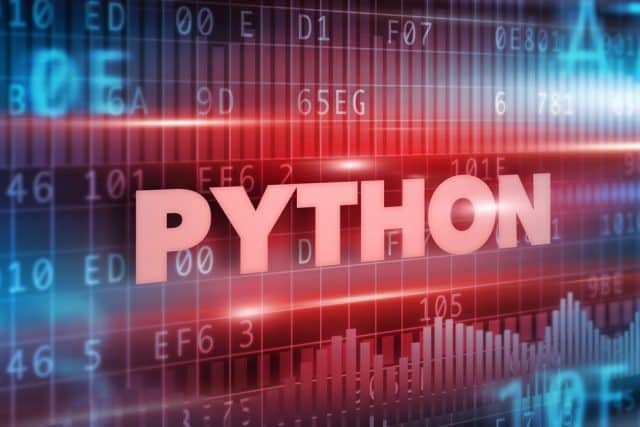Game developers shouldn't overlook Python's potential

Python is an object-oriented, general-purpose, and high-level programming language that was developed in 1991 by Guido van Rossum. Since its development, Python is one of the most popular programming languages worldwide. It often ranks high in surveys -- for instance, it claimed the first spot in the Popularity of Programming Language index and came second in the TIOBE index.
Python has gained its acclaim as a widely used tool with multiple purposes for various projects, from data analytics and visualization to artificial intelligence, language development, design, and web development. Python isn’t renowned for its use in video game development. But should this mean game developers should just disregard Python completely?
Familiarity breeds productivity
Thanks to the language’s simplicity and coding speed, Python is an excellent choice for prototyping. The effect of work is visible immediately and it’s possible to quickly deliver a playable project to potential investors.
Therefore, Python is also an ideal language to begin an adventure with creating games, regardless of whether the user is already fluent in it or just starting out.
Due to the newcomer-friendly syntax of Python, developers can focus on the basics of game programming, not the complexity of the language itself.
The effects, which are quickly visible, allow beginners to get actively involved in the process of creating a project. Advanced developers, on the other hand, will appreciate the fact that they can create something playable using their everyday work tool, and that the process of coding will be, as always, very enjoyable and satisfying.
There are pre-existing tools and libraries at programmers’ disposal
Python programmers can count on the tools that were written specifically for them.
The most popular library that supports developing games in Python is PyGame. This engine, available under the LGPL, allows users to build fully commercial projects. Additionally, the library is designed in a way that lets users easily use multiple processor cores. The main functions were written in C and Assembler, thanks to which the user's project will be 10–20 times faster than if it were written in Python only. This tool is incredibly easy to learn. Its creators have prepared extensive documentation to help guide users through the process.
As your gaming workshop develops and the desire to add a third dimension appears, you can boldly take a look at tools such as Ursina or Panda3D. Of course, these aren’t the only technologies designed for us Python users. In fact, the selection of tools available is really big, and engines such as PyOgre, PyKyra, or Ren’Py are also worth your attention.
Lastly, the Kiva library should also be mentioned. It may not have been created with gaming in mind, but it’s perfectly suited for it. Kiva is a multi-platform tool for creating window applications quickly.
Strive to reach game development goals, with Python
Upon conducting a Google search to explore answers to the question "Which language should I use for game development?" we’ll quickly come across recommendations to avoid Python.
However, any Python developer who dreams of writing their own game shouldn’t be put off their vision.
Python has received criticism in the past regarding its usage in game development, especially since Python is not designed for computational performance, but rather coding performance, and this is justified.
Due to the user’s familiarization with the programming tool, along with pre-existing tools and libraries at programmers’ disposal, evidently Python for game development has clear promise, both for now and also in the future.
If you want to see if a game written in Python can be an international success, I recommend EVE Online -- a title that attracts over 20,000 players each day!
Image credit: [email protected]/depositphotos.com
Hubert Kozacz is a Python developer, STX Next.